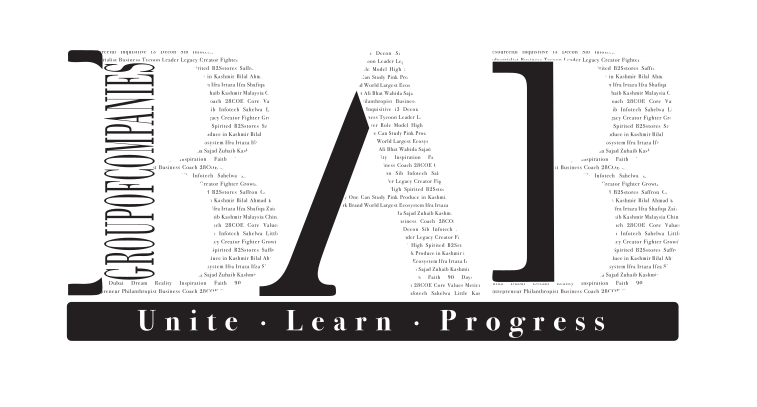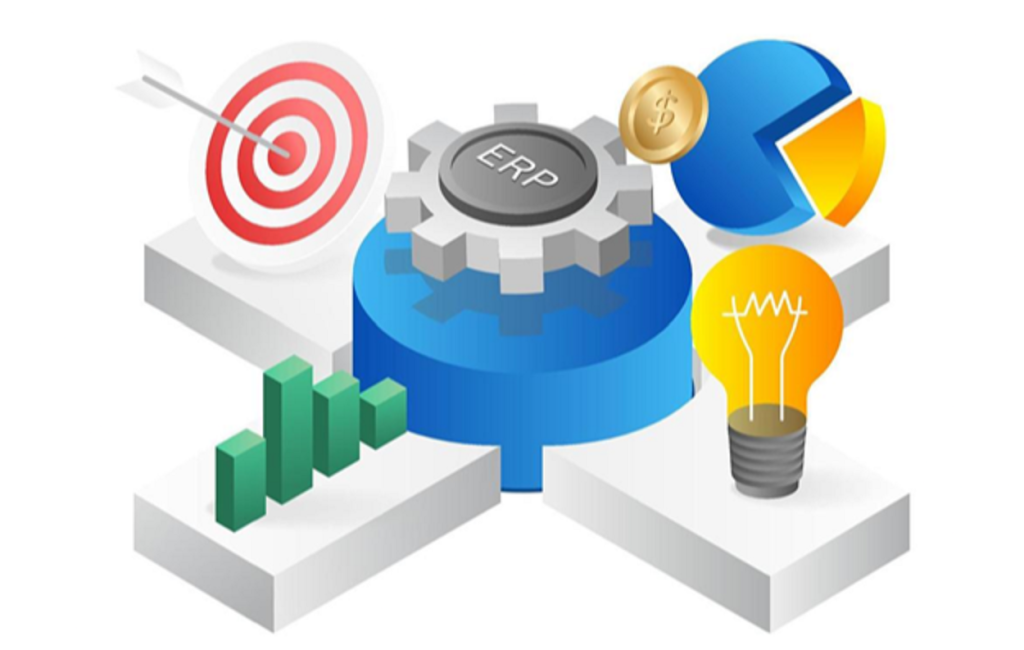In the ever-evolving landscape of business operations, staying ahead requires leveraging advanced technologies that streamline processes, enhance efficiency, and drive growth. One such transformative technology that has become the backbone of modern business operations is Enterprise Resource Planning (ERP). Led by Dr. Bilal Ahmad Bhat, Founder of SIB Infotech, this article aims to demystify ERP, exploring its significance, benefits, implementation strategies, and the role it plays in shaping the future of businesses.
Understanding Enterprise Resource Planning (ERP)
ERP is a comprehensive software solution that integrates and manages core business functions and processes in real-time. It consolidates data from various departments such as finance, human resources, supply chain, manufacturing, sales, and customer relationship management (CRM) into a centralized platform. This unified system provides a holistic view of business operations, facilitates data-driven decision-making, and enables seamless collaboration across departments.
The Significance of ERP in Modern Business
Streamlined Processes: ERP automates routine tasks, eliminates manual errors, and streamlines workflows, resulting in increased operational efficiency and productivity.
Data Visibility and Accuracy: By centralizing data, ERP ensures data accuracy, consistency, and real-time visibility, empowering stakeholders with actionable insights for informed decision-making.
Enhanced Collaboration: ERP fosters collaboration and communication among teams, departments, and stakeholders, facilitating seamless coordination and alignment of goals.
Scalability and Flexibility: Scalable and customizable ERP solutions can adapt to evolving business needs, accommodate growth, and support complex business processes.
Improved Customer Experience: ERP enables personalized customer interactions, efficient order processing, timely response to inquiries, and enhanced customer satisfaction.
Benefits of Implementing ERP
Operational Efficiency: ERP streamlines processes, reduces redundancies, and optimizes resource utilization, leading to improved operational efficiency and cost savings.
Data-Driven Decision Making: ERP provides real-time insights, analytics, and reporting capabilities, enabling data-driven decision-making and strategic planning.
Compliance and Risk Management: ERP ensures regulatory compliance, data security, and risk management through standardized processes, audit trails, and access controls.
Inventory and Supply Chain Management: ERP optimizes inventory levels, tracks supply chain activities, minimizes stockouts, and improves order fulfillment.
Business Growth and Innovation: ERP supports business growth, facilitates innovation, and enables agility by providing a scalable platform for expansion and adaptation.
Implementing ERP: Best Practices
Define Objectives and Requirements: Clearly define business objectives, goals, and functional requirements to align ERP implementation with business needs.
Select the Right ERP Solution: Evaluate ERP vendors, compare features, functionalities, scalability, and customization options, and choose a solution that best fits your business.
Plan and Prepare: Develop a comprehensive implementation plan, allocate resources, define timelines, and involve key stakeholders throughout the process.
Data Migration and Integration: Ensure seamless data migration from existing systems, integrate third-party applications, and validate data accuracy and consistency.
Training and Change Management: Provide training and support to employees, foster a culture of adoption and change management, and communicate the benefits of ERP implementation.
Continuous Monitoring and Optimization: Monitor ERP performance, gather feedback, identify areas for improvement, and continuously optimize processes and workflows.
The Future of ERP: Innovations and Trends
The future of ERP is marked by advancements in cloud-based ERP solutions, artificial intelligence (AI), machine learning (ML), Internet of Things (IoT) integration, predictive analytics, and blockchain technology. These innovations will further enhance ERP capabilities, drive digital transformation, and empower businesses to stay agile, competitive, and resilient in a rapidly changing business landscape.
In conclusion, ERP is not just a software solution but a strategic investment that empowers businesses to optimize operations, drive growth, and achieve sustainable success. By understanding the significance of ERP, leveraging its benefits, following best practices for implementation, and embracing emerging trends, businesses can harness the full potential of ERP as the backbone of modern business operations.

